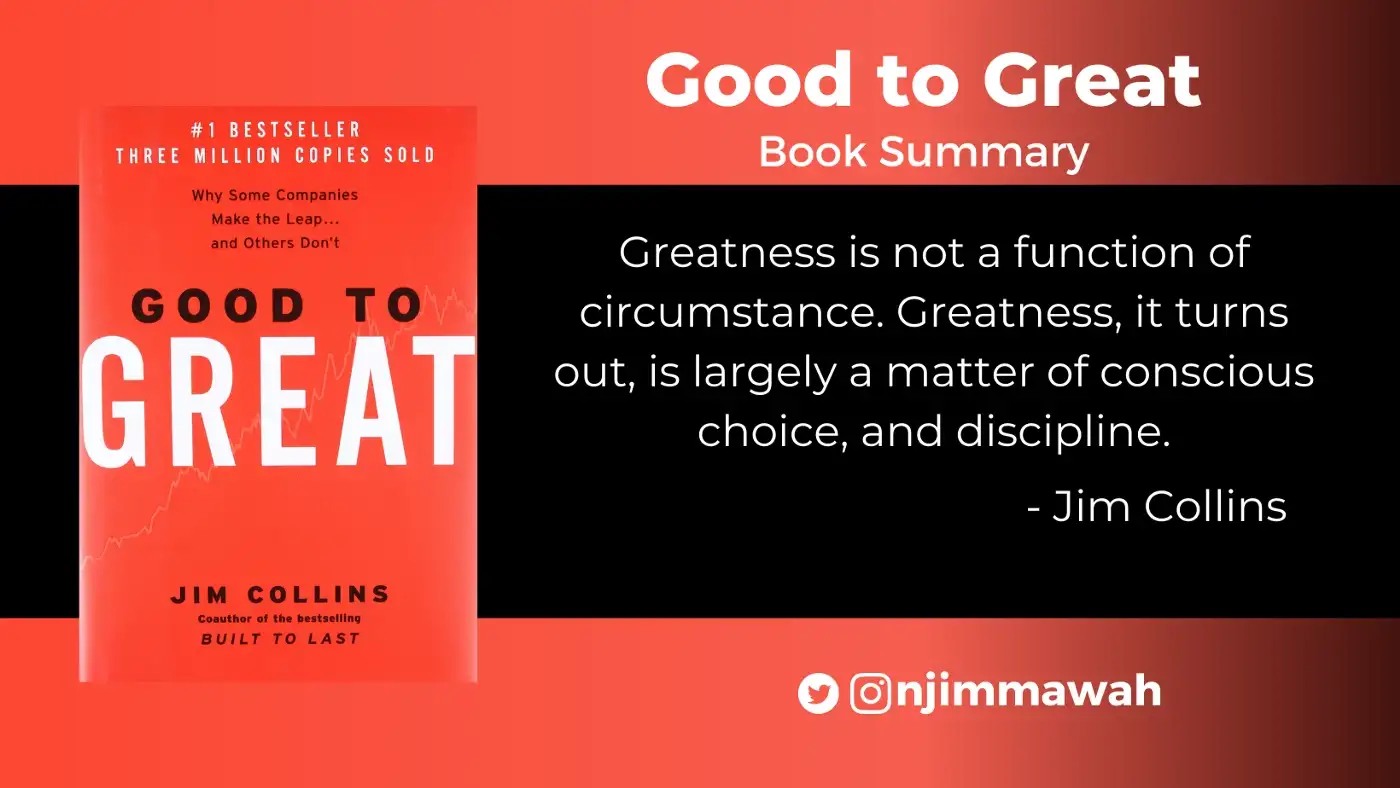
There’s no doubt that entrepreneurship is gaining a lot of traction worldwide. The media’s ongoing love affair with entrepreneurs is evident each time you turn on the news or get on social media. With this, thousands of people, if not millions every month, start their own businesses or pick up the label of #entrepreneur.
There are several reasons why we choose to travel this path of starting a business: maybe it’s to get more autonomy over your activities. Perhaps we think this is the path that will help us make a mark on humanity, or maybe we have an idea we believe will pave the way to us joining the top 1%. The data shows that most entrepreneurs in the last decade start businesses with unrealistic expectations, thinking they will automatically be successful based on their definition of success — healthier, happier or wealthier.
Unfortunately, the motivational speakers that solely preach a positive mindset are not helping. Yes, we are more likely to succeed in life with a positive mindset, but being unrealistic with our expectations will only create room for more immense disappointment. Instead of buying into the common lies about entrepreneurship, I urge you to set reasonable expectations for your journey. Here are some 5 lies about entrepreneurship.
Lie #1: You Must Follow Your Passion
Passion /ˈpaʃ(ə)n/ noun: An intense desire or enthusiasm for something.
There is a limiting idea that for you to be successful as an entrepreneur or in life in general, you need to do what you are passionate about. This is dangerously limiting because it creates the idea that your job is to find what you are passionate about and pursue it to the exclusion of all else.
This compelling cultural narrative creates a lot of pressure. It is stressful not only to me but also to the young men and women I have worked with who have been courageous enough to own up to me that they do not know what they are “passionate” about. And that is okay because passion is not a strategy, it is a feeling, and like any other feeling, it changes over time.
Don’t get me wrong, some people have successfully made businesses out of what they are “passionate” about. However, If you want to be an entrepreneur, it’s crucial to know that people will not buy a product or service because you are passionate about it. They buy because it satisfies their needs. Successful startups share four characteristics: (1) They are something the founder(s) themselves want, (2) They are something other people want (3) A few others have done it (4) The founders can do it “better” than the others.
Finding the balance of these four circles is not easy, but when you do, you will find the results more reliable, and “passion” will set in. Passion is the fire that ignites when you start rubbing sticks together (Terri Trespicio), not the sticks that produce the fire.
Lie #2: Working Hard Makes Success Inevitable
It is no news that a vast percentage of entrepreneurial ventures fail within their first year. While entrepreneurial success is far from being a science, some of these founders’ failure is not a result of laziness. It is sad, and as one of my former students, Charlene M., puts it, “it is like nurturing a baby, and you put them out into the world hoping that the world will appreciate your beautiful creation, but they still get rejected.”
No matter how hard you work and how well you plan, it is improbable that your plans will go as planned. As important as having a fantastic idea and having a good plan to execute it is, the ability and willingness to pivot and adapt to changing tides is much more critical.
As painful as failure can be, especially after pouring everything you have into a business to watch it crumble before your own eyes, it can be a great learning experience. Failure is inevitable, and if you can keep on trying one more time, you are much more likely to achieve what you set out to do.
Entrepreneurship can be an exciting and enriching experience if you have the right mindset. While hard work does not always lead to success, it is still much required. With hard work, tenacity, patience (with strategy) and the right skill sets induced with an understanding of what the customer wants, it’s wholly possible to build a business you are proud of.
Lie #3: Working On Your Business is Less Stressful
Some people choose to travel this path of entrepreneurship because there is the hope that it will be less frustrating than employment, and they will finally have autonomy over their workweek and be happy. For some reason, some people believe that becoming an entrepreneur means flying first class and dining with other corporate leaders while working 20hours weeks.
While that might eventually become a reality, it certainly does not start that way. Starting your business will probably require you to work 60hours weeks if you are serious about it. It’s not going to be fun, and that is where discipline comes in. As for autonomy, sure, you don’t have to deal with a corporate manager anymore — and you can fire terrible clients. But every client or customer you enlist becomes your supervisor. To stay in business (i.e. keep your job), you need to meet their needs and expectations. Otherwise, you’ll get fired — plus potentially earn a negative reputation that will follow you forever.
Lie #4: You Need A Unique Idea
One of the most common lies I hear almost every day is that you need a completely new idea to be an entrepreneur. This is one of the lies that stops some people from starting their own businesses because they don’t have a “unique” idea.
This is simply not true. If this were true, why do we have multiple companies solving the same problem? In Rwanda, for example, why do we have Yego Cabs and VW Move? These two are more or less the same. In Nigeria, there are several FinTech startups doing almost the same thing and still succeeding. The fundamental question is, is there space for you in the market that can sustain your growth targets?
Trying to introduce a completely unique idea comes with its own challenges and does not guarantee success. This is not to discourage your innovative and creative thinking. The point is that even without a completely unique idea, you can still be a successful entrepreneur, ceteris paribus.
Lie #5: Entrepreneurs Do Not Quit
Who came up with this idea that quitting is bad, and that entrepreneurs don’t quit? That one isn’t necessarily true. A business that doesn’t offer something people want to pay for will fail no matter how persistent the entrepreneur is. It has to be a decent business, offering some value, to make it. Running your head into a brick wall repeatedly doesn’t make you successful.
There’s nothing wrong with quitting something that isn’t working. Let go of it. True success is knowing what to quit and when to quit. Let’s get rid of this stigma that “entrepreneurs never quit!” and maybe we’ll see some entrepreneurs finally break free of their shackles, and start some companies that succeed.
###
Was this helpful? Let me hear your thoughts in the comment section





Great post